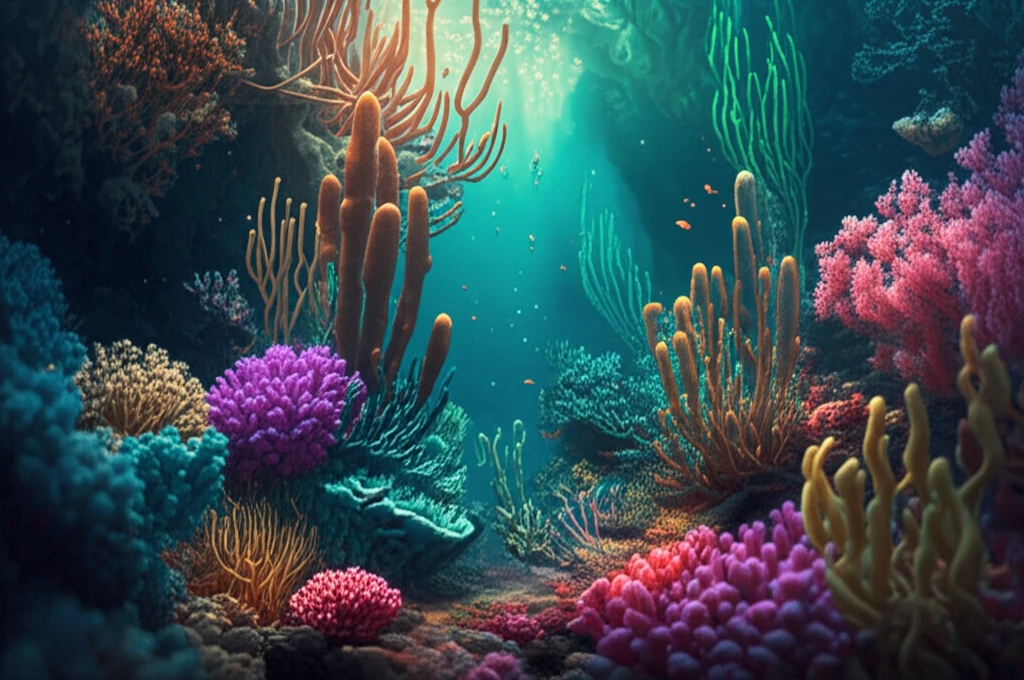
Coral Comeback? How Reefs Are Adapting to Climate Change
"Discover the surprising resilience of coral reefs and the sea sponges that may hold the key to surviving future El Niño events."
Coral reefs around the world are facing unprecedented challenges from human impacts and global climate change. Rising ocean temperatures, ocean acidification, and the increasing frequency of extreme weather events like El Niño are threatening the health and survival of these vital marine ecosystems. However, some organisms inhabiting marginal habitats may be adapting to higher levels of physiological stress. This raises the possibility that insights can be gleaned into how coral might be saved.
A recent study focused on emergent intertidal coral reefs in Bahia, Brazil, examined the long-term impacts of the 1997-98 El Niño event on reef fauna. These reefs, which experience significant daily fluctuations in temperature and solar radiation, offer a unique opportunity to study the resilience of coral species and reef communities under extreme conditions. The 17-year biodiversity survey (1995-2011) assessed the impact of the major El Niño event on the reef fauna and tracked subsequent recovery, revealing surprising insights into the adaptability of certain species.
Intertidal reefs may be more resilient to climatic events and provide important insights into the adaptation of reef fauna to future ocean warming.
Differential Responses: Resilience and Decline

The study revealed a mixed picture of resilience and decline among different reef organisms. Two dominant coral species, Favia gravida and Siderastrea stellata, showed remarkable tolerance to the El Niño-associated stress. Their densities remained relatively stable throughout the survey period, suggesting a high degree of adaptation to fluctuating environmental conditions. However, other taxa experienced significant declines.
- Coral Resilience: Two coral species showed high tolerance to El Niño stress.
- Decline in Other Taxa: Molluscs, bryozoans, and ascidians suffered significant losses.
- Echinoderm Recovery: Echinoderms recovered diversity after an initial reduction.
- Sponge Success: Sponges were not impacted and increased in density.
Hope for the Future
The study's findings underscore the complex and varied responses of reef organisms to climate-related stressors. While the overall composition of the reef community has shifted, the resilience of certain coral and sponge species offers a glimmer of hope. These species may represent valuable models for understanding temperature adaptation in reef organisms and could inform conservation efforts aimed at enhancing reef resilience in the face of ongoing climate change. Further research into the physiological mechanisms underlying their tolerance could provide crucial insights for protecting these vital ecosystems.
